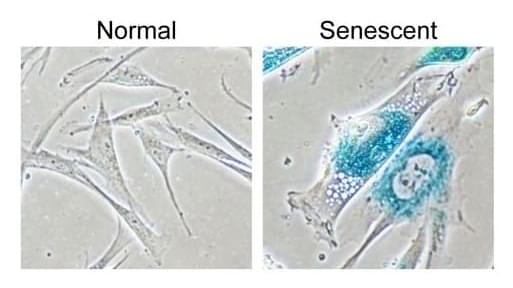Novel theorem demonstrates convolutional neural networks can always be trained on quantum computers, overcoming threat of ‘barren plateaus’ in optimization problems.
Convolutional neural networks running on quantum computers have generated significant buzz for their potential to analyze quantum data better than classical computers can. While a fundamental solvability problem known as “barren plateaus” has limited the application of these neural networks for large data sets, new research overcomes that Achilles heel with a rigorous proof that guarantees scalability.
“The way you construct a quantum neural network can lead to a barren plateau—or not,” said Marco Cerezo, coauthor of the paper titled “Absence of Barren Plateaus in Quantum Convolutional Neural Networks,” published recently by a Los Alamos National Laboratory team in Physical Review X. Cerezo is a physicist specializing in quantum computing 0, quantum machine learning, and quantum information at Los Alamos. “We proved the absence of barren plateaus for a special type of quantum neural network. Our work provides trainability guarantees for this architecture, meaning that one can generically train its parameters.”








